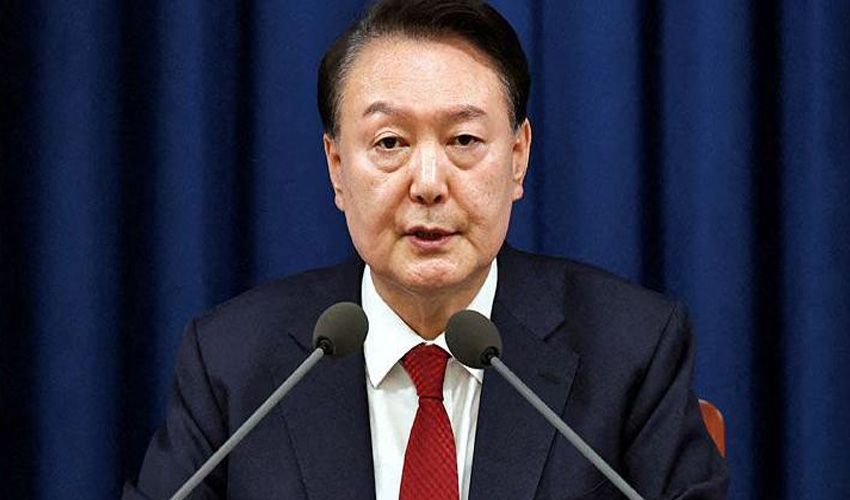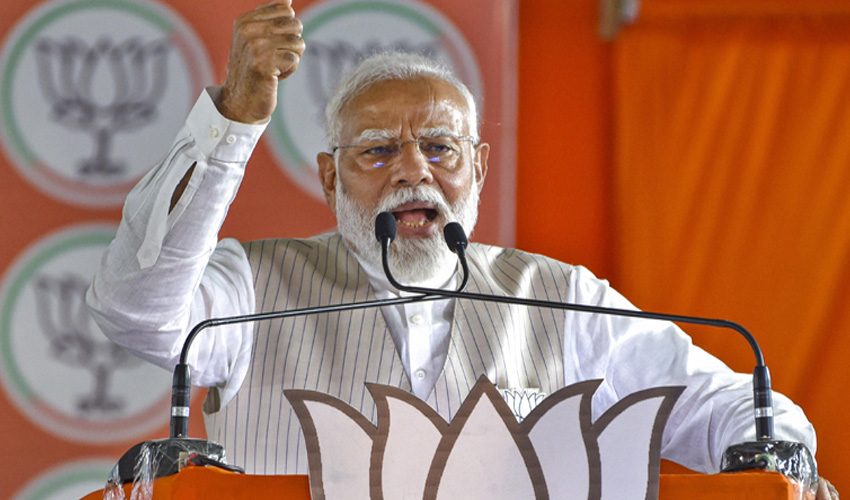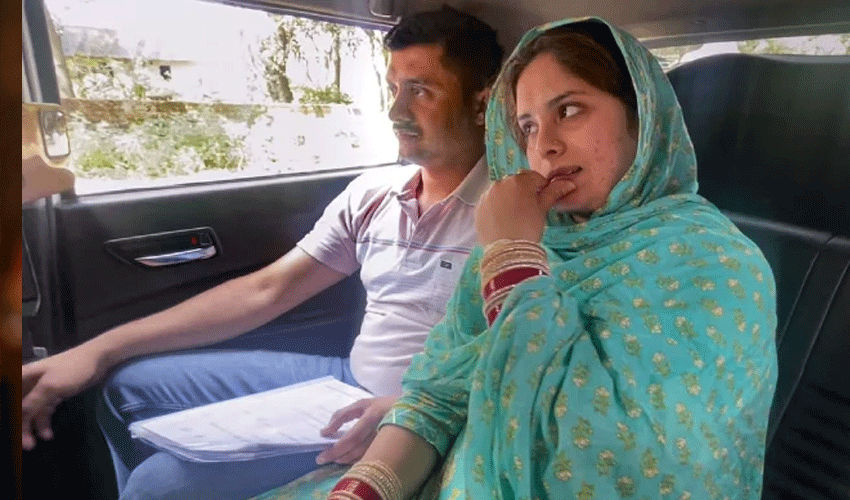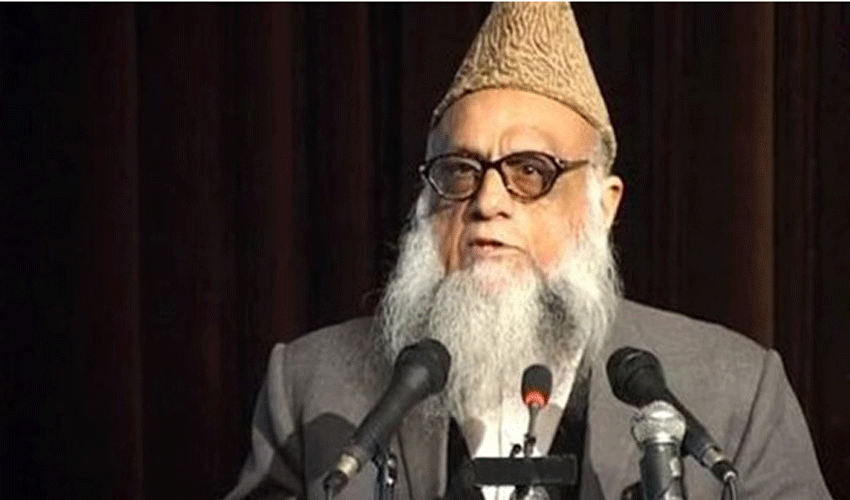South Korean President Yoon Suk Yeol on Saturday issued a public apology for his contentious attempt to impose martial law earlier this week but refused to resign, defying mounting calls for his departure, including from within his ruling party.
Hours remain before lawmakers are set to vote on an impeachment motion against him.
In a nationally televised address, President Yoon expressed remorse for declaring martial law, which drew comparisons to South Korea's authoritarian past and marked the first such declaration since 1980.
He described his decision as a measure of “desperation” aimed at countering what he called “anti-state forces” obstructing the government.
“I am very sorry and would like to apologise to the people who were shocked sincerely,” Yoon said, bowing deeply during his address. “I leave it up to my party to take steps to stabilise the political situation in the future, including the issue of my term in office.”
Mounting pressure
Despite his apology, calls for Yoon’s resignation have intensified. Han Dong-hoon, leader of Yoon’s People Power Party (PPP), stated that the president’s position had become untenable and urged him to step down. “The president is no longer in a position to carry out public duty,” Han said, reiterating his demand for Yoon’s resignation.
Earlier in the week, Han called Yoon a danger to the nation and argued for his removal, even as PPP lawmakers formally opposed impeachment efforts by the opposition Democratic Party.
Protest and political fallout
Thousands of protesters gathered outside the National Assembly on Friday night, holding candles and demanding Yoon’s impeachment in scenes reminiscent of the mass protests that led to the downfall of former President Park Geun-hye in 2016.
Yoon’s martial law decree, announced late Tuesday, granted sweeping powers to the military to suppress alleged political obstruction. Parliament responded swiftly, defying police and military cordons to vote against the decree just six hours after it was issued. Yoon rescinded the order early Wednesday amid nationwide outrage.
Legal probes underway
Prosecutors, police, and the Corruption Investigation Office for High-ranking Officials have launched investigations into Yoon and senior officials involved in the martial law declaration. They face potential charges of insurrection and abuse of power.
The political crisis has drawn comparisons to South Korea's turbulent history, with some members of Yoon’s party urging him to resign to avoid a repeat of the 2016 impeachment saga that devastated the conservative bloc.



























